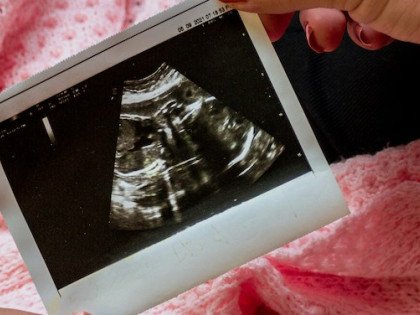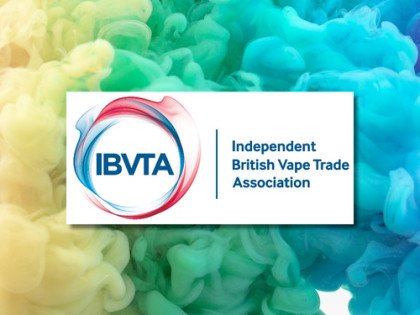COP10 will be held in Panama in November 2023. It is hosted by the World Health Organisation's Framework Convention on Tobacco Control (FCTC).
With governments from around the world sending delegates, CAPHRA is keen to bring clarity to recent controversies surrounding the science on nicotine and vaping.
In its letter, CAPHRA notes that two high-profile studies, which have been quoted by tobacco controllers regarding the dangers of nicotine and vaping, have since been retracted and removed from significant medical journals.
“The first retraction is an article published in February 2022 in The World Journal of Oncology, claiming that nicotine vapers face about the same cancer risk as cigarette smokers,” CAPHRA wrote.
Another article, in the Journal of the American Heart Association, which reported an association between vaping and heart attacks was also retracted. Astoundingly, advocates noted, this article is still used as a reference in the WHO FCTC guidelines around e-cigarettes.
In addition, the THR regional advocacy group sent delegates a bibliography of key and current studies that disprove some of the more outrageous claims around harm.
On the supposed “youth vaping epidemic”, CAPHRA noted “a new survey from the Centers for Disease Control and Prevention (CDC) and Food & Drug Administration (FDA) suggests that youth vaping rates appear to be dropping, compared to pre-pandemic levels… In fact, youth vaping in the US has plummeted by 60% over the past two years.”
“Consumers’ rights to choose to use less harmful products to switch from smoking remain under tremendous threat from FCTC’s continuing failure to address scientific evidence, democratic processes and human rights,” says CAPHRA executive co-ordinator Nancy Loucas.
The CAPHRA representatives reminded the health leaders that the FCTC has a mandate to pursue Harm Reduction as a core tobacco control policy - a position it has singularly failed to acknowledge or implement since its inception.
“WHO and its FCTC continue to press for signatory states to adopt ever more restrictive policies, including outright bans, based on dubious science. Delegates to COP10 should be representing the rights and aspirations of the citizens,” wrote the CAPHRA member organisations.
“Consumers have the right to make choices that help them avoid adverse health outcomes and smokers have the right to access less harmful nicotine products as alternatives to smoking. Please take account of these rights when making and presenting your submissions to COP10,” the letter concluded.
References:
- The Coalition of Asia Pacific Tobacco Harm Advocates – https://caphraorg.net/
Dave Cross
Journalist at POTVDave is a freelance writer; with articles on music, motorbikes, football, pop-science, vaping and tobacco harm reduction in Sounds, Melody Maker, UBG, AWoL, Bike, When Saturday Comes, Vape News Magazine, and syndicated across the Johnston Press group. He was published in an anthology of “Greatest Football Writing”, but still believes this was a mistake. Dave contributes sketches to comedy shows and used to co-host a radio sketch show. He’s worked with numerous start-ups to develop content for their websites.
Join the discussion
Expert Reaction to Pregnancy Study
Experts have reacted to the QML study of impacts of vaping in pregnancy and comparison with smoking
Study: Vapes Help Pregnant Quitters
A new study from Queen Mary University of London finds that vapes help pregnant smokers quit and pose no risk of poor pregnancy outcomes
IBVTA responds to UCL study
The Independent British Vape Trade Association has responded to University College London research and said the findings show the Government’s smoke-free ambition is stalling
Cochrane Review Echoes Swedish Success
The Cochrane Review echoes the Swedish approach, finding less harmful alternatives like vaping are superior to other quit methods, says Smoke Free Sweden






-listing400.jpg)




